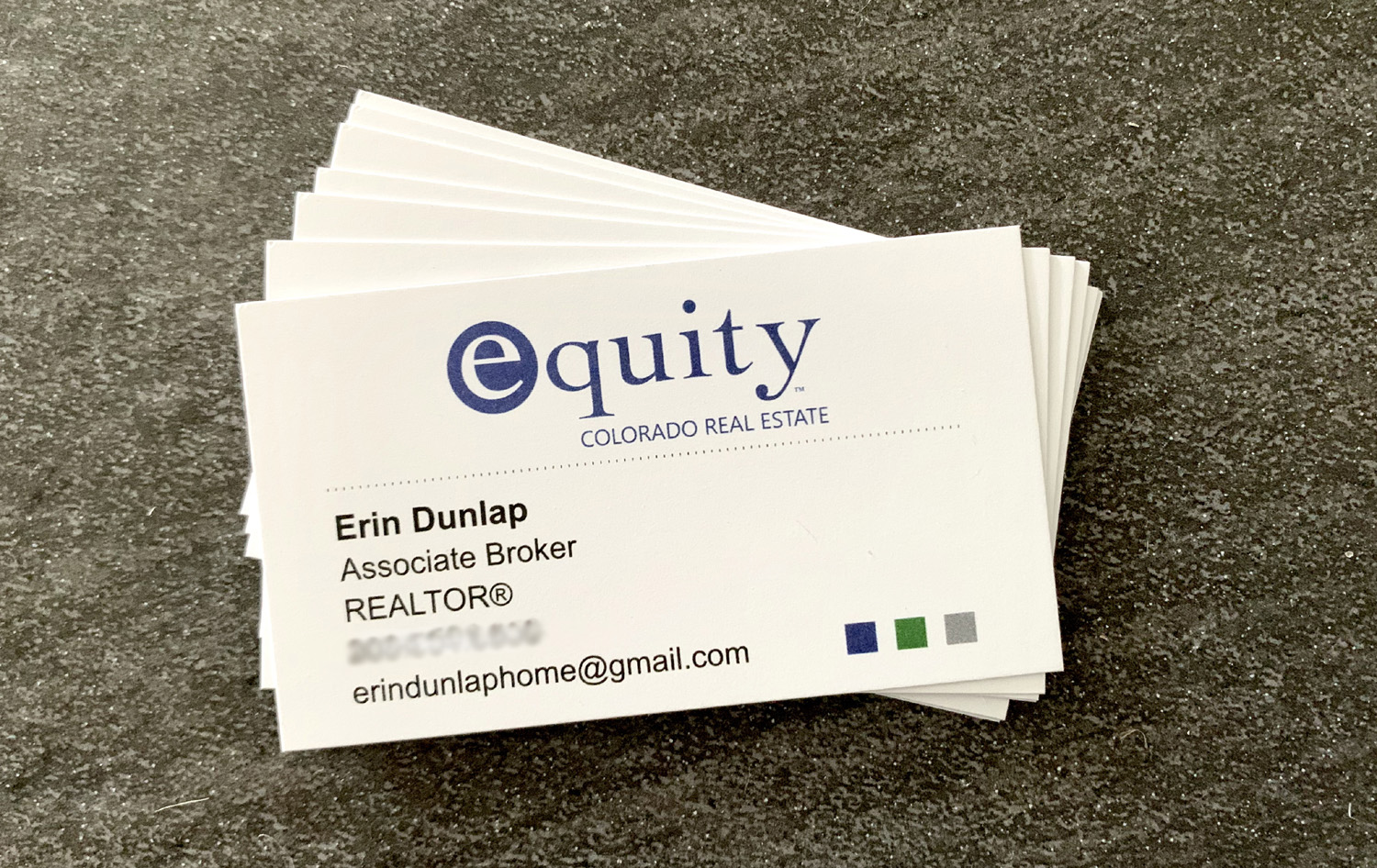
There are many ways to make passive income from real property. These include renting property, house flipping, REITs and peer-to-peer loans. This article explains the basics behind passive income from real property. These are some tips that will help you succeed with your investment even if funds are tight. Continue reading to discover more about passive income through real estate. In just a few easy steps you will be able achieve your real-estate goals.
Property rentals
Renting out properties is a good way to make passive income from real property. While you should carefully choose tenants to avoid trouble, there are a few things to keep in mind to ensure that you're generating the most income. Additionally to carefully screening potential tenants, it is also important to be on the lookout for vacant homes. You may lose money, end up having to go through a lengthy process of eviction, or even be sued if you do not screen potential tenants.

House flipping
Many sources can provide passive income through house flipping. Flipping properties such as fixer-uppers or foreclosure properties and rental properties can generate income. These properties can be rented out as turnkey rentals, or fully renovated homes that are fully rented. The new owners can manage the rental income, and the property is ready to rent. It is a lucrative and popular way to make passive income. The process can be streamlined using technology.
Peer-to-peer lending
Passive income options are many when it comes investing in real property. Apartment buildings, on the other hand, are more complex and require more attention. Single-family homes, however, can be managed by one person. You will need to make the actual rental payments as well as manage and maintain the units. Storage facility investments can also be a passive source of income. These properties are in high demand across the United States. It is possible to generate passive income through leasing out your spaces.
REITs
Passive income from REITs is an excellent way to diversify your portfolios. These securities have low investment costs, with a unit costing as little as $500. Real estate REITs must provide income for their shareholders at least 90 per cent of their taxable income. This means less money available to reinvest. We will be looking at passive income from REITs real estate.

Storage facilities
You can make passive income year round by owning a self-service storage unit. Some locations, such as Quebec, are seasonal but the demand for additional space is almost constant. Depending on where the storage facility is located, you may have multiple customers all year. Listed below are some ideas for revenue-generating ideas for storage facilities. These ideas can be time-consuming and require some effort, but they will give you a steady stream of income.
FAQ
What's the time frame to get a loan approved?
It depends on many factors like credit score, income, type of loan, etc. It usually takes between 30 and 60 days to get approved for a mortgage.
How do I get rid termites & other pests from my home?
Your home will eventually be destroyed by termites or other pests. They can cause damage to wooden structures such as furniture and decks. It is important to have your home inspected by a professional pest control firm to prevent this.
What are the three most important factors when buying a house?
Location, price and size are the three most important aspects to consider when purchasing any type of home. It refers specifically to where you wish to live. Price is the price you're willing pay for the property. Size refers to the space that you need.
What should I look for in a mortgage broker?
People who aren't eligible for traditional mortgages can be helped by a mortgage broker. They shop around for the best deal and compare rates from various lenders. There are some brokers that charge a fee to provide this service. Others offer no cost services.
What is a Reverse Mortgage?
A reverse mortgage allows you to borrow money from your house without having to sell any of the equity. It works by allowing you to draw down funds from your home equity while still living there. There are two types: government-insured and conventional. Conventional reverse mortgages require you to repay the loan amount plus an origination charge. FHA insurance covers the repayment.
Statistics
- This seems to be a more popular trend as the U.S. Census Bureau reports the homeownership rate was around 65% last year. (fortunebuilders.com)
- When it came to buying a home in 2015, experts predicted that mortgage rates would surpass five percent, yet interest rates remained below four percent. (fortunebuilders.com)
- The FHA sets its desirable debt-to-income ratio at 43%. (fortunebuilders.com)
- It's possible to get approved for an FHA loan with a credit score as low as 580 and a down payment of 3.5% or a credit score as low as 500 and a 10% down payment.5 Specialty mortgage loans are loans that don't fit into the conventional or FHA loan categories. (investopedia.com)
- Based on your credit scores and other financial details, your lender offers you a 3.5% interest rate on loan. (investopedia.com)
External Links
How To
How to Manage a Rental Property
While renting your home can make you extra money, there are many things that you should think about before making the decision. We'll show you what to consider when deciding whether to rent your home and give you tips on managing a rental property.
This is the place to start if you are thinking about renting out your home.
-
What are the first things I should consider? Take a look at your financial situation before you decide whether you want to rent your house. If you have any debts such as credit card or mortgage bills, you might not be able pay for someone to live in the home while you are away. Check your budget. If your monthly expenses are not covered by your rent, utilities and insurance, it is a sign that you need to reevaluate your finances. It may not be worth it.
-
How much does it cost for me to rent my house? Many factors go into calculating the amount you could charge for letting your home. These factors include the location, size and condition of your home, as well as season. Keep in mind that prices will vary depending upon where you live. So don't expect to find the same price everywhere. Rightmove reports that the average monthly market price to rent a one-bedroom flat is around PS1,400. If you were to rent your entire house, this would mean that you would earn approximately PS2,800 per year. Although this is quite a high income, you can probably make a lot more if you rent out a smaller portion of your home.
-
Is it worth it? There are always risks when you do something new. However, it can bring in additional income. You need to be clear about what you're signing before you do anything. Your home will be your own private sanctuary. However, renting your home means you won't have to spend as much time with your family. Before signing up, be sure to carefully consider these factors.
-
What are the benefits? So now that you know how much it costs to rent out your home and you're confident that it's worth it, you'll need to think about the advantages. You have many options to rent your house: you can pay off debt, invest in vacations, save for rainy days, or simply relax from the hustle and bustle of your daily life. Whatever you choose, it's likely to be better than working every day. You could make renting a part-time job if you plan ahead.
-
How can I find tenants? After you have made the decision to rent your property out, you need to market it properly. Listing your property online through websites like Rightmove or Zoopla is a good place to start. After potential tenants have contacted you, arrange an interview. This will allow you to assess their suitability, and make sure they are financially sound enough to move into your house.
-
What can I do to make sure my home is protected? You should make sure your home is fully insured against theft, fire, and damage. In order to protect your home, you will need to either insure it through your landlord or directly with an insured. Your landlord may require that you add them to your additional insured. This will cover any damage to your home while you are not there. This does not apply if you are living overseas or if your landlord hasn't been registered with UK insurers. You will need to register with an International Insurer in this instance.
-
You might feel like you can't afford to spend all day looking for tenants, especially if you work outside the home. However, it is important that you advertise your property in the best way possible. You should create a professional-looking website and post ads online, including in local newspapers and magazines. It is also necessary to create a complete application form and give references. Some people prefer to do the job themselves. Others prefer to hire agents that can help. Interviews will require you to be prepared for any questions.
-
What should I do after I have found my tenant? If you have a lease in place, you'll need to inform your tenant of changes, such as moving dates. If you don't have a lease, you can negotiate length of stay, deposit, or other details. Keep in mind that you will still be responsible for paying utilities and other costs once your tenancy ends.
-
How do I collect my rent? When it comes to collecting the rent, you will need to confirm that the tenant has made their payments. If your tenant has not paid, you will need to remind them. You can deduct any outstanding payments from future rents before sending them a final bill. If you're having difficulty getting hold of your tenant you can always call police. If there is a breach of contract they won't usually evict the tenant, but they can issue an arrest warrant.
-
What can I do to avoid problems? It can be very lucrative to rent out your home, but it is important to protect yourself. Make sure you have carbon monoxide detectors installed and security cameras installed. Make sure your neighbors have given you permission to leave your property unlocked overnight and that you have enough insurance. You should not allow strangers to enter your home, even if they claim they are moving in next door.